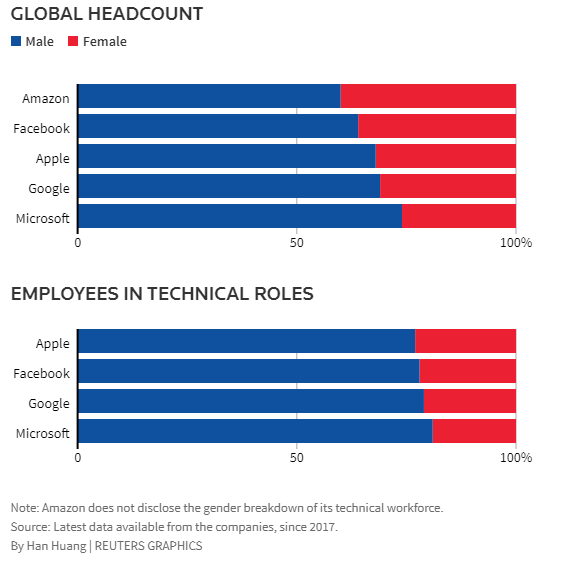I have just returned from the annual Asia Pacific conference and network meeting in Hong Kong. This is one of three major conferences I attend for the NPAworldwide network each year. We have an Australian conference, the worldwide conference is generally in the USA and the Asia conference moves around the region. Obviously, I get the opportunity to build relationships and sometimes meet new colleagues in the network for the first time. It is a collection of like-minded individuals who collectively make up the largest recruitment and search network in the world. While I’m always impressed by the common values and very high standards that are maintained across markets with diverse cultures and economic circumstances there was one presentation which reminded me of the real value of people who find talented people for their clients.
About a year ago Amazon scrapped their planned machine learning solution for recruitment and executive search. This industry has already benefited from substantial investment in AI and machine learning, however, it is generally provided to support the capacity to source talented candidates across the globe. We have long held the view that it would be very difficult to replace the knowledge, experience and particularly intuition of talented recruitment and executive search consultants.
The Amazon experience is a case in point.
The Amazon project was abandoned simply because the machine learning preferred men. To begin with, the major technology companies' headcounts are dominated by men and machines learned from the past. This information was produced by Reuters last year:

Here are some of the reasons why this project failed:
- The database of CVs that was reviewed already had an inherent bias towards men, the top tech companies invariably had headcounts with more than 50% being men
- The machine learning program continued to develop this bias
- The problem was even greater in technical roles in the big five technology companies, where typically men represented over 75% of the technical workforce
- The system built on the information that it was fed, and progressively words such as “women’s” in achievement phrases were penalised, and the program even downgraded candidates for attending female only colleges
There are other similar projects underway all the time which seem to be driven by organisations feeling that they do not wish to trust the “subjective opinions” of recruiters and executive search consultants. However, what many of these projects fail to realize, is that the best executive search and recruitment consultants are very objective in their selection of shortlists. Indeed, it is this objectivity that has fed the power of the AI and machine learning tools that do work. If we tell a computer program to (simplistically) look for a candidate with 15 years of experience, in a particular industry, particular geographic market, with particular qualifications both the recruiter and the technology will find the candidates. The machine tools that we use, just help us to do this faster. In fact, it is generally the subjective bias of line managers who are relatively inexperienced in recruitment and search that contributes to some of the best available talent overlooked.
What cannot be replaced is the experience of tens of thousands of hours of interviews with thousands of candidates that reveal the idiosyncratic human markers that tell us if a candidate will succeed or not inside a particular organisational culture. If I need to help a great client find great executive in a foreign market, I’d much prefer to rely on the skills and experience of my colleagues "in country", who may well be assisted by machine learning, than rely on machine learning itself.
This is an area I’d love to receive comments on from both internal agency and executive search consultants.



.jpg)

.png?width=208&height=97&name=SpFx_Affiliate_logo_large-1%20(2).png)